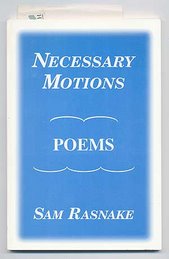in a strange language...
Hilde Domin
Exile
The mouth dying
The mouth twisted
The mouth trying
to say the word right
in a strange language.
~
Else Lasker-Schüler
My Blue Piano
At home I have a blue piano.
But I can’t play a note.
It’s been in the shadow of the cellar door
Ever since the world went rotten.
Four starry hands play harmonies.
The Woman in the Moon sang in her boat.
Now only rats dance to the clanks.
The keyboard is in bits.
I weep for what is blue. Is dead.
Sweet angels, I have eaten
Such bitter bread. Push open
The door of heaven. For me, for now—
Although I am still alive—
Although it is not allowed.
(Trans. Eavan Boland)
– from After Every War, E. Boland ,ed.
*
Two devastating poems about the ravaged scale of war – and what remains. These works carry the reader into that haunting and silent place where words are not possible.








